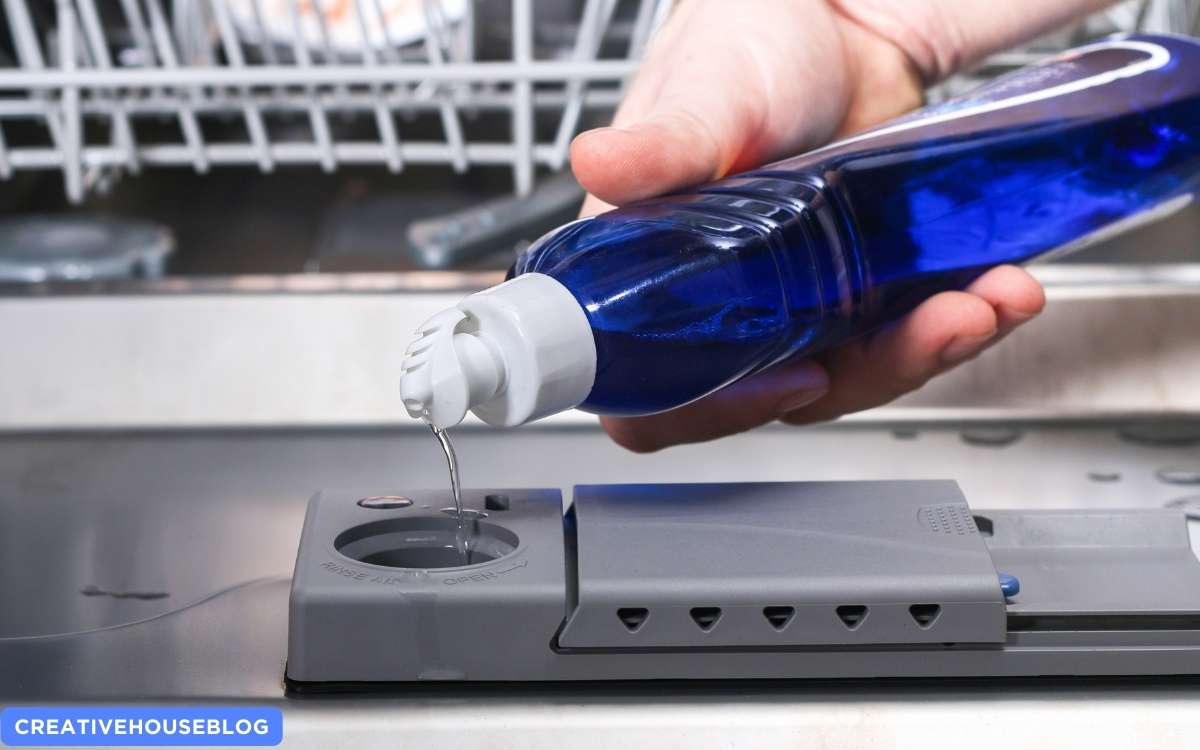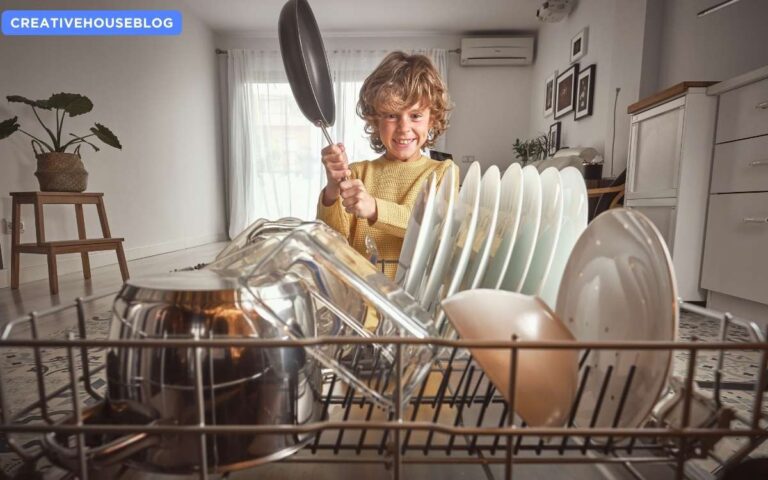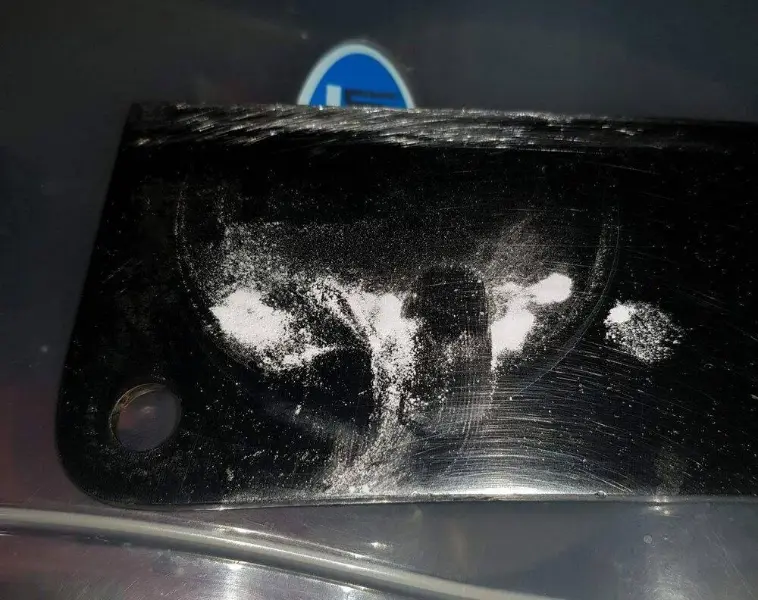Rinse or not is an age-old question. Whether or not you should rinse the dishes before loading them into the dishwater is a common dilemma a lot of people face.
People still scrubbing will tell you the benefits of rinsing and whatnot but for a dishwasher, it results in a less clean output. Here is the short version of the answer to the question “Should you rinse before dishwasher?”, a straight no.
Key Takeaway

Should You Rinse Before Dishwasher: The Truth of the Matter?
Many people grow up with the habit of giving their dirty dishes a thorough rinsing.
Before dishwashers became mainstream people had to scrub their dishes to get the dirt off. If you did not rinse before doing that you would have to work harder to get your dishes clean.
But dishwashers are different. With advancements in technology and the need to conserve water becoming apparent during drought seasons, people started to wonder “Should you rinse before dishwasher?”
You do not need any pre/rinse before loading the dishwater. It is a common misconception and your dishes may even come out less clean if you rinse.
Here are some reasons why you should not rinse before dishwasher:
Dishwasher Performance
One of the main arguments against rinsing is it Diminishes the dishwasher’s performance. Dishwasher sensors detect the amount the dirt that comes out of the dishes according to the cloudiness of the water.
Dishwashers like the popular Bosch 800 series even have these features called turbidity sensors and power control spray arms that thoroughly clean your dishes without rinsing.
It can detect tough stains and food particles and remove them effortlessly. Dishwashers adjust the wash cycle to get rid of stubborn food particles.
If you rinse your dishes beforehand it will trick the sensors into thinking that the dishes are not as dirty as they are. This will reduce the wash cycles and potentially leave stains behind.
Detergents
The detergent you use also affects how well the dishwater cleans. These are there to break down the food particles and stains and remove them.
Enzymes in detergents latch onto dirt and dissolve it during the wash cycle. If you rinse your dishes you are removing the dirt particles that the detergents need to attach to essentially making them almost useless.
Your dishwasher will do a more thorough job of cleaning the dishes if you do not rinse beforehand.
Conserving Water
Every effort to conserve water counts. Water wastage is a big concern in today’s world. Rinsing uses a lot of water and if you do it under a running tap that is a big waste of clean water.
Automatic dishwashers use less water than hand-washing dishes. By skipping the rinsing process, you conserve water. This adds up to substantial water savings over time.
Efficiency
Another consideration is when you heat water for hand washing it consumes a lot of energy. Your utility bills are going to be soaring through the roof if you continue this practice.
Energy-star rated dishwashers like the Fisher & Paykel DD24DTX6PX1 or the Miele G 5892 SCVi are designed to be more efficient than hand washing.
By using less water and heating it more efficiently, these dishwashers can clean a full load of dishes with very low energy consumption.
For the best cleaning results out of your dishwasher, efficiency of water, and energy consumption you should stay away from rinsing your dishes before loading them.
When Should You Rinse Before Dishwasher?
Even though rinsing can cause more problems than not doing it altogether, there are some instances where you may need to rinse your dishes a bit before putting them in the washer.
Here are some cases where you may benefit from rinsing:
Older Dishwasher
If you have an aged dishwasher that has been putting out clean dishes for a couple of years you may need to give it some help by rinsing the dishes beforehand.
A worn-out dishwasher becomes less efficient in handling tough stains and struggles to clean the dishes. These do not have the latest technology that modern dishwashers have.
Rinsing before the dishwasher in this instance can remove the stubborn bits off the dishes and the dishwasher can just easily do a sweep of whatever is left.
Frequency of Washing Dishes
If you are a lazy bum or you just like to wash all your dishes together then the residue has more time to harden and settle. This causes the dishwasher to struggle.
Rinsing becomes essential if you do not frequently wash the dishes. A quick rinse or just soak prevents the hardening. This is sort of a proactive approach for very few people.
Delicate Dishware
Hand painted designs on dishware are becoming popular but are a nuisance to clean. These are not good for the harsh dishwasher environment. Dishwashers can damage the little details on these if you load them as is.
If you have dishware that needs special care but you do not want to hand wash every single one, you can rinse it thoroughly and then put it in the dishwasher.
Type of Residue
Pots and pans with burn marks pose a challenge for dishwashers. You may need to rinse and scrub it beforehand.
Persistent stains from oil or butter that stick to the utensils need to be soaked and scrubbed before the dishwasher can clean them properly.
There are however some industry-grade dishwashers with this cleaning capability. But those are costly for home installations and only used in restaurants and commercial purposes.
Tips for Best Dishwasher Performance
Modern dishwashers can effectively clean the toughest stains without the need for rinsing. There are however some ways you can maximize the performance of the dishwasher.
Follow these steps to maximize the cleaning performance:
- Scrape instead of rinsing: If you are skeptical about the cleaning capability of your dishwasher, you can just scrape off any solid food chunks into the trash. It will keep the dishwasher’s filter and drain from clogging.
- Load properly: The lowest shelf has the strongest sprays. You should always put the dirtiest dishes on the lower shelves for the most thorough cleaning.
- Use the dishwasher on full load: Whenever possible, try to run your dishwasher with a full load to maximize water and energy efficiency. A full dishwasher uses the same amount of water and energy as a half-empty one, so it’s more efficient to wait until you have enough dishes to fill it.
- Pick the right detergent: Get a high-quality detergent that is recommended by your dishwasher’s manufacturer. Avoid using the detergents you use for hand washing because those are not suitable.
Frequently Asked Questions (FAQs)
How do you properly rinse dishes??
Dip the dishes in a rinsing sink that passes them under a stream of hot water. You can also put them on a drying rack and spray water over them.
How many types of washes are in a dishwasher?
There are usually three modes. The Pre-wash soaks the dishes with warm water, the Main wash cycles which is similar to scrubbing, and the Final wash which rinses the detergent residue.
What to do before using a dishwasher?
It would help if you always run an empty load. It checks that everything is working right and highlights if there are any loose pipes or connections.
Do dishwashers have a rinse cycle?
Some dishwashers have a feature for a rinse-only cycle. You can use it to rinse dishes right after you use them to keep food from drying on them before a full cycle is run.






